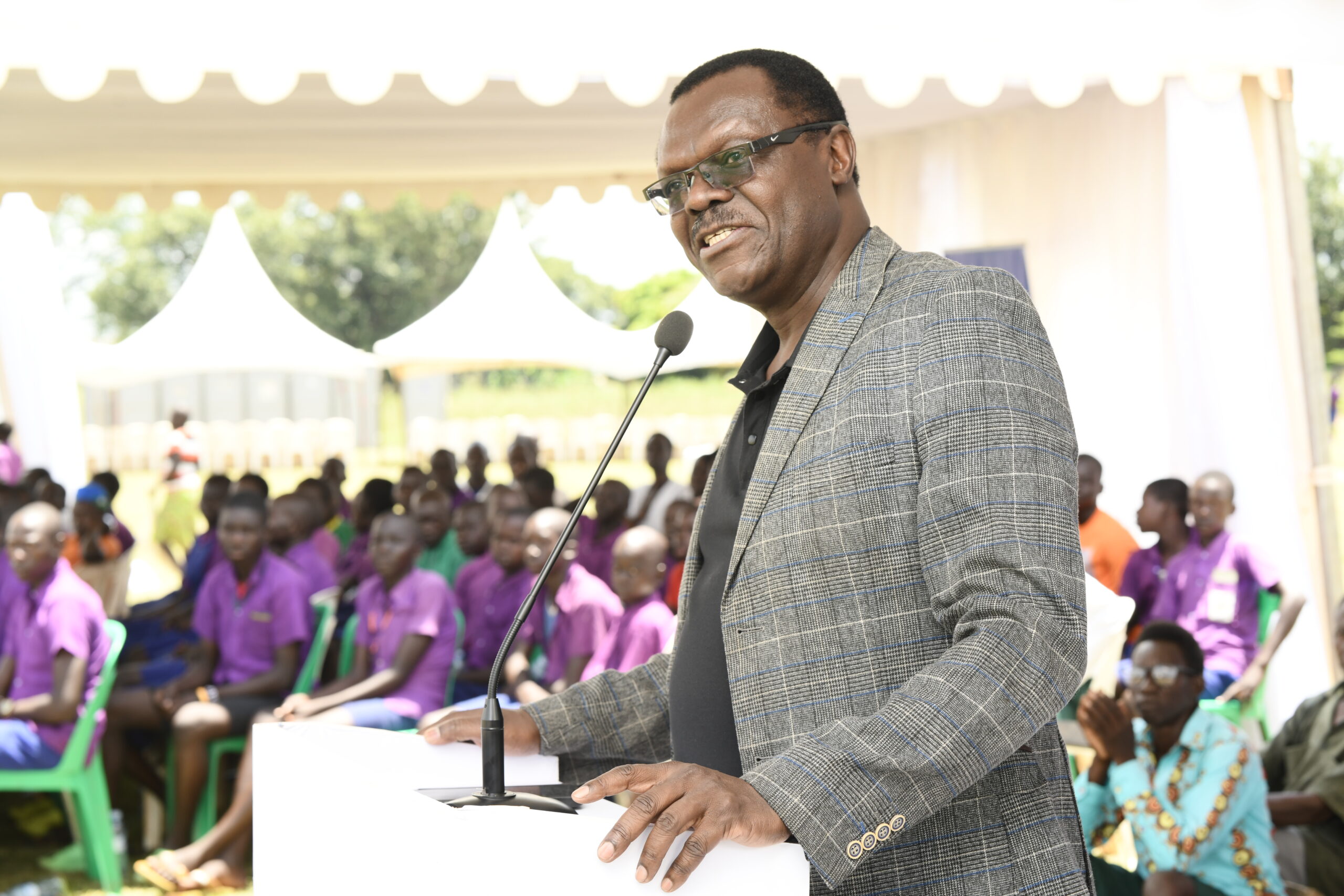The National Social Security Fund (NSSF) has launched a new initiative aimed at integrating informal sector workers, particularly those in small-scale agriculture, into Uganda’s social security system. The Livelihoods Support…
NSSF Launches Livelihood Project to Enroll Informal Sector Workers


